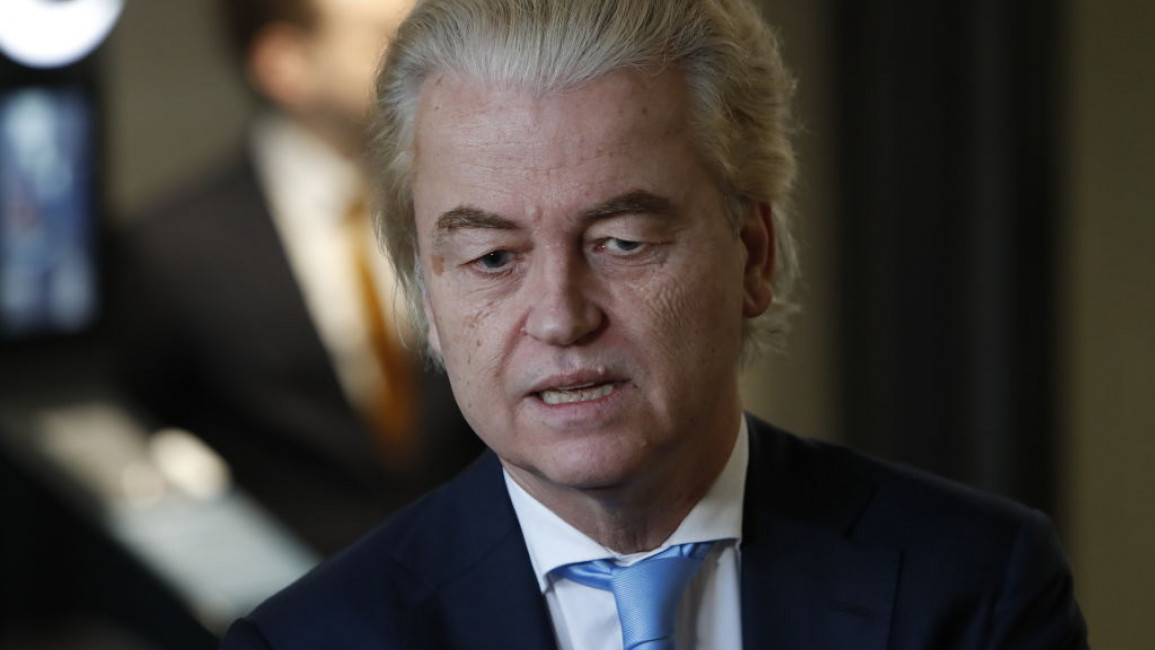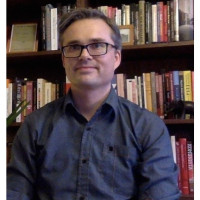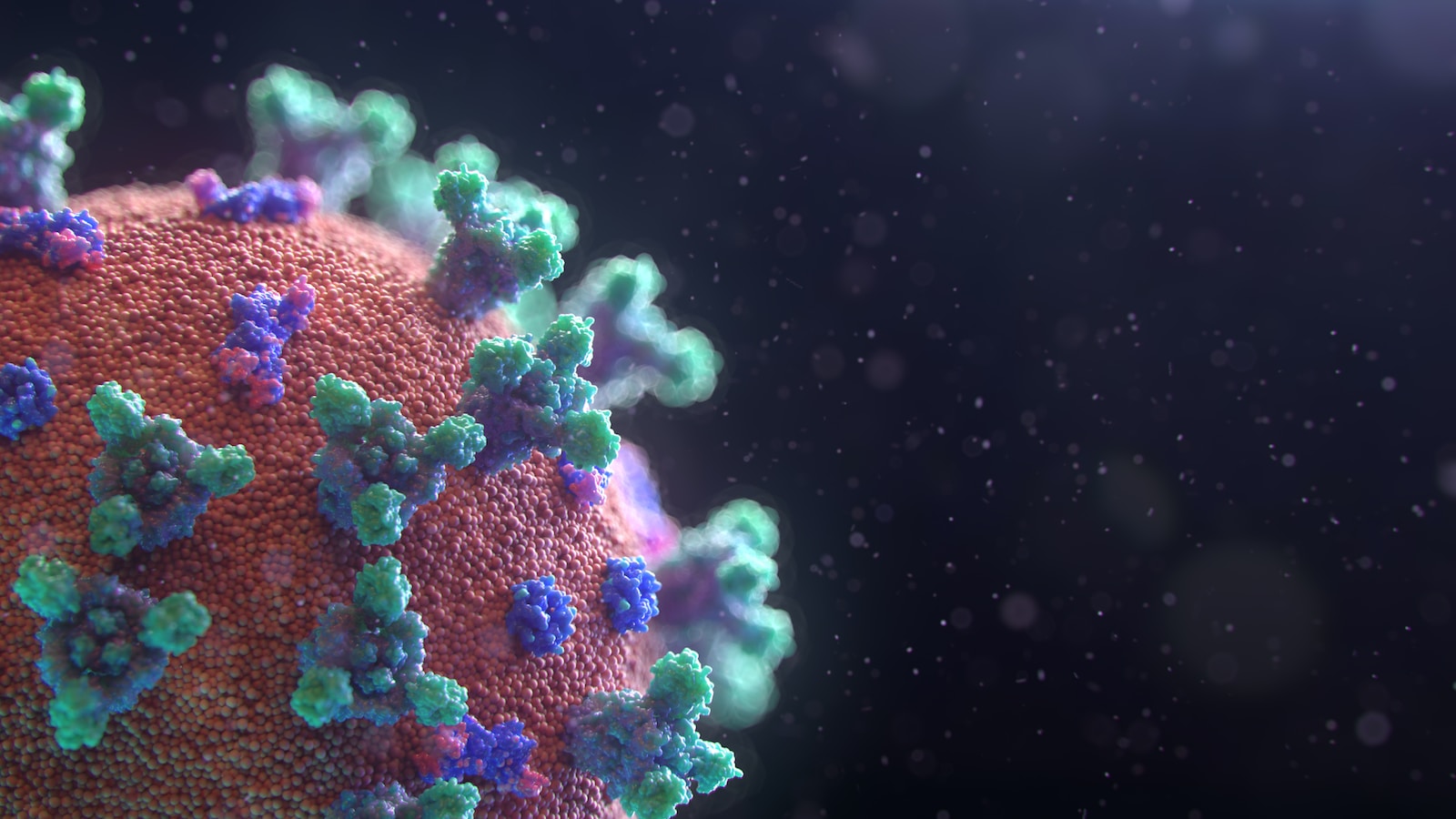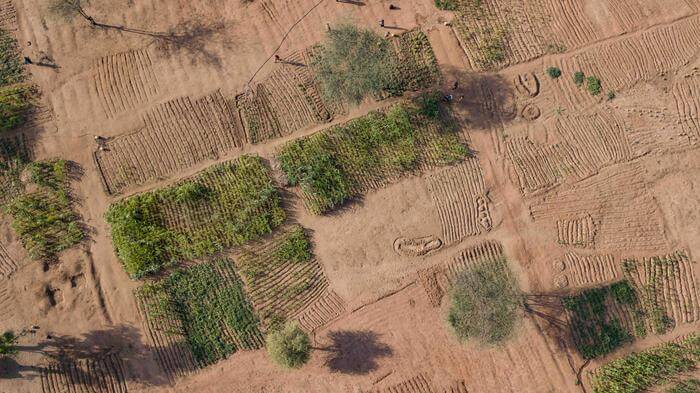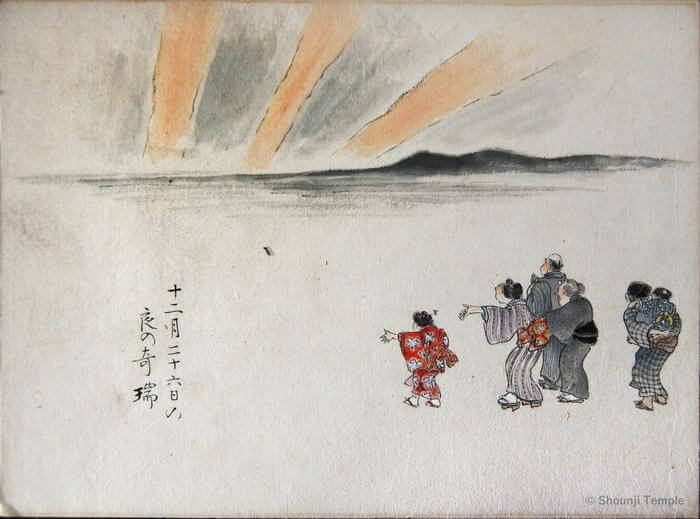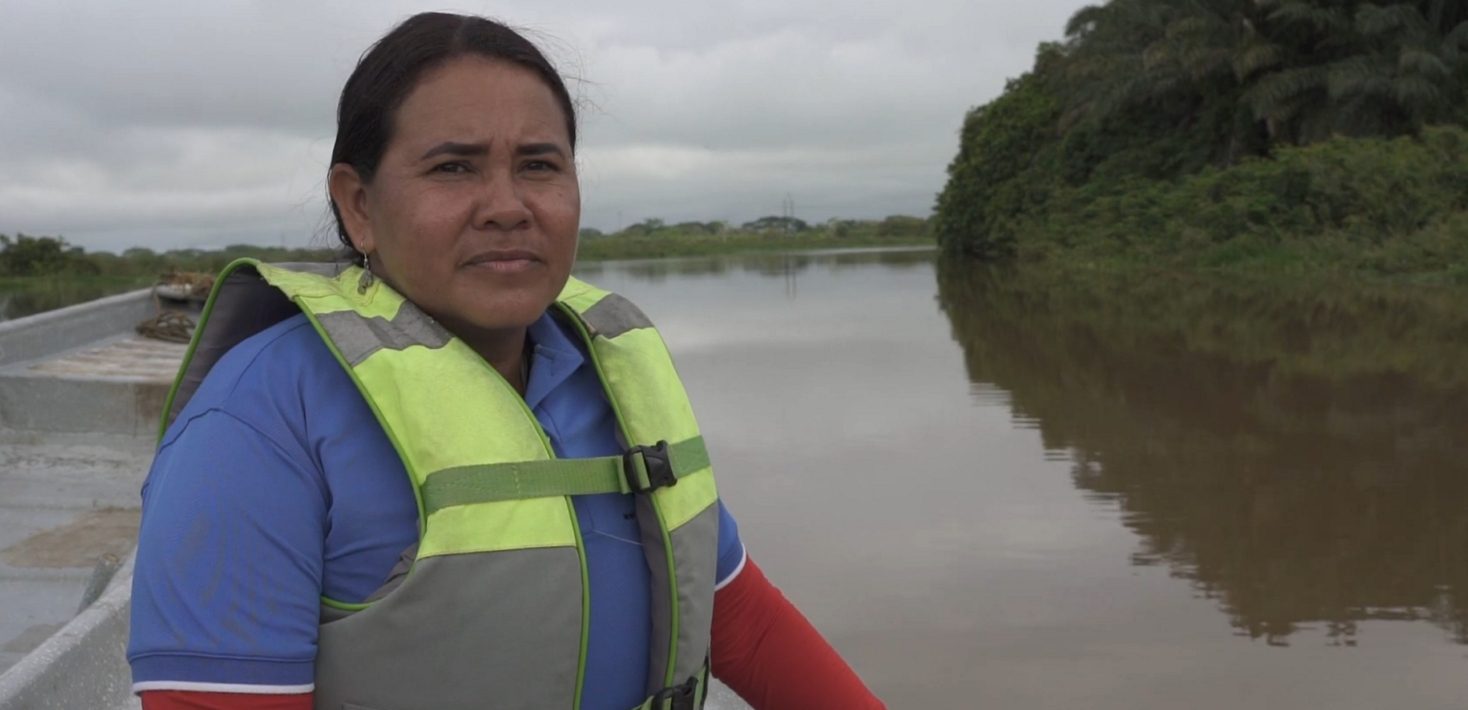
© Oscar Castaño/Amnesty International
NEWS
December 1, 2023
By Yuly Andrea Velásquez Briceño
Rivers and wetlands have always held great significance for me. They are a source of livelihood and economic and emotional wellbeing for many communities in Santander and elsewhere in Colombia. And, given the current climate crisis, they have taken on an even more vital importance for the entire planet. Yet defending our rivers and wetlands – and the environment in general – from corruption and pollution means risking our lives.
I grew up in a large, loving family. We lived opposite Barrancabermeja, on the banks of the Magdalena River, in an old wooden house with zinc sheets for a roof. In 1990 my grandparents taught me how to care for the river because we depended on it for drinking water and for catching fish to eat. I used to see huge fish three times my size up close, like catfish and tilefish, as well as crabs, goldfish, herring, barracuda and corocoro.
As a child, I used to help sell bowls of fish to our neighbours to help cover our needs. I had a happy childhood and would wash away any sadness by bathing in the river, where we all also learned to swim and paddle a canoe.
At that time, however, violence was never far away. In 1999 my five-year-old brother was killed by a stray bullet fired by guerrillas. Two years later, paramilitaries killed my stepfather.
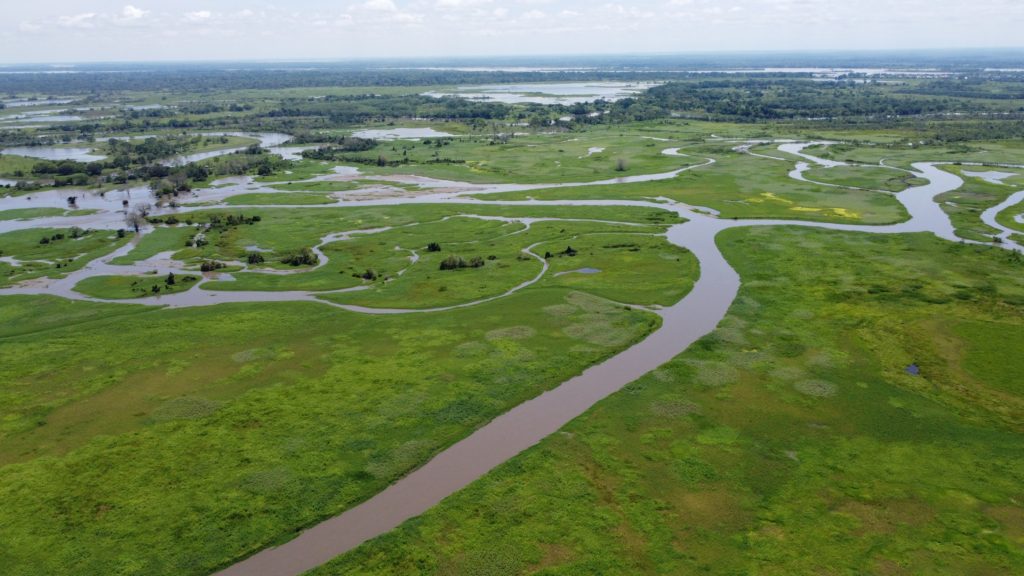
© Oscar Castaño/Amnesty International
In 2003, when I was still a teenager, I moved to another village to establish my own family household. We also lived on the banks of the Magdalena River and relied on fishing to feed my two young children. But I saw no future for my kids there, so I returned to Barrancabermeja to study environmental engineering.
After graduating in 2014, a good friend asked me to help a group of fishermen who were looking for a leader to support them, as local fish numbers were in decline and pollution was on the rise, destroying what little they had to survive on. Having a soft spot for this area of work, I agreed to work with them for free and so we founded the fishermen’s association Guardians of the Water, Flora and Fauna (ASOGEAFF by its initials in Spanish), made up of 39 older men and me, the only woman.
It was so sad to see how worried they were by the high levels of pollution and violence in the area. We came up with different strategies to draw the attention of the local authorities but nothing worked. They weren’t interested in listening to the fishermen’s problems or needs.
We often receive death threats signed by the armed groups that operate in the area. We know these are not empty threats.
In 2017 we started working as a team with other fishermen’s organizations and thus the idea of forming the Federation of Artisanal, Environmental and Tourist Fishermen of the Department of Santander (FEDEPESAN) was born, with the aim of collectively seeking solutions to our problems.
We noticed cases of corruption in the contracts of the companies that were polluting our rivers but we didn’t know what to do about this or who could help us legally. We complained through the media but it fell on deaf ears, so in 2019 I hired a lawyer who could teach me how to monitor these contracts.
Since then, we’ve made public complaints and held strikes and protests against all acts of corruption and pollution, and we’ve seen the cruelty and disinterest of state institutions.
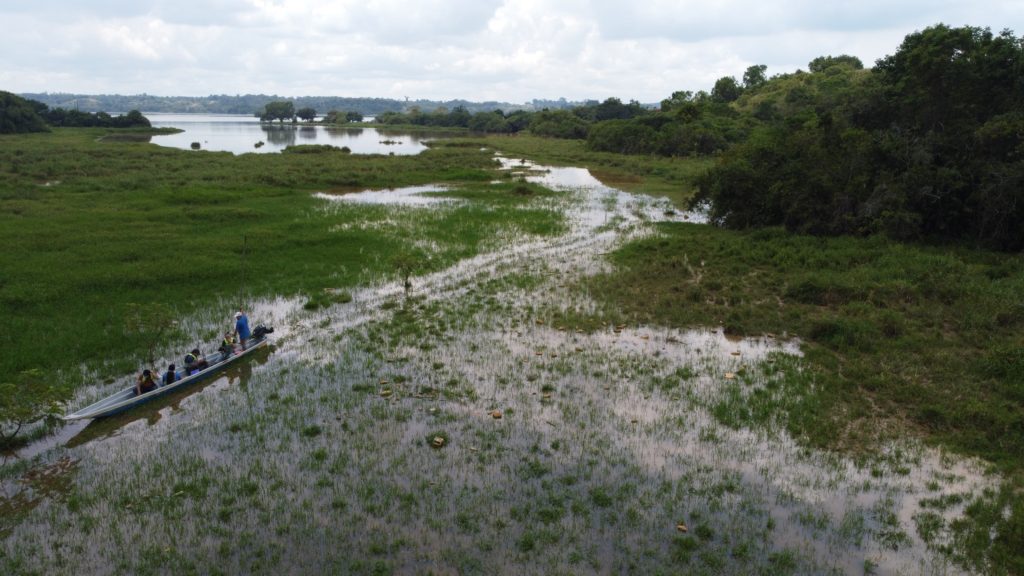
© Oscar Castaño/Amnesty International
In retaliation for defending our wetlands, rivers, wildlife and the environment, my companions and I have suffered countless attacks, threats and the theft of our tools, such as motors and canoes. On 20 January 2021, unidentified aggressors fired shots outside my house. My children and I hid while we called the police but our attackers left before the officers arrived.
We often receive death threats signed by the armed groups that operate in the area. We know these are not empty threats. Colombia is the most dangerous country in the world for those of us who protect land, territory and the environment, with at least 60 murders last year alone.
Our work isn’t easy but thanks to the Regional Corporation for the Defense of Human Rights (Credhos) and the international organizations that accompany us in the field and raise the profile of our work, we’re no longer alone. We’ve achieved recognition as guardians of our bodies of water and the strength of Colombia’s riverine communities has been restored.
But our work is not finished. We dream of protection for our rivers and wetlands so they can continue to provide food and a healthy environment for future generations. The Colombian government has a historic opportunity to ensure that we can continue our work without fear and to be at the forefront of change in the world’s most dangerous region for the defense of the environment. Governments must listen to environmental defenders and take account of their demands. We have much to contribute in terms of addressing the climate crisis. The COP28 is a good opportunity for states to show they truly value our work.
Yuly Andrea Velásquez Briceño is president of the Federation of Artisanal, Environmental and Tourist Fishermen of the Department of Santander (FEDEPESAN).
